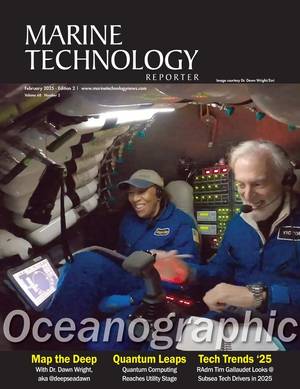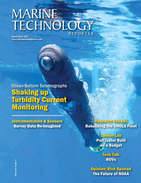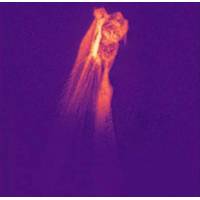
The Quantum Economy
This week at Marine Technology News...The quantum economy is not just a distant dream – it's unfolding right now, offering unprecedented opportunities for those ready to seize them.That’s how the World Economic Forum introduced its new report “Embracing the Quantum Economy – A Pathway for Business Leaders” last week.Prepared in collaboration with Accenture, the report explores advancements in quantum computing, quantum sensing and quantum communication and outlines strategic steps for businesses to get started with them.Quantum sensors offer dramatically increased

Wilhelmsen, NorSea Acquire Stake in Norwegian Deep-sea Mining Firm
a frontrunner like Loke, which has such focus on developing new technologies and systems to safely and sustainably extract minerals from Norwegian waters puts us in an interesting position,” says John Stangeland, group CEO of NorSea.Marine minerals have been identified by the World Bank, World Economic Forum, and International Energy Agency as one of the potential solutions to meet the increasing demand for the metals currently used in electric vehicle batteries, clean energy technologies, and consumer electronics.Found in rock concentrations on the seabed and metallic layers that form on the
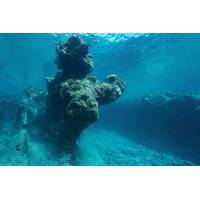
TechnipFMC Joins Seabed Mineral Extraction Arena
TechnipFMC, a company best known for its offshore oilfield services and equipment, is looking to diversify its offering and has now joined forces with Loke Marine Minerals (Loke) to develop enabling technologies for the extraction of seabed minerals in Norway.The World Bank, World Economic Forum, and International Energy Agency have recognized marine minerals as one of the potential answers for meeting the growing demand for metals used in electric vehicle batteries, clean energy technology, and consumer electronics.Loke Marine Minerals was established in 2019 by experienced offshore energy professional
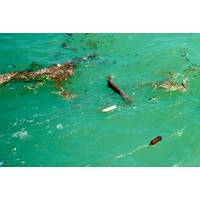
Rising Tide of Innovation at Davos to Keep Plastic out of the Sea
Technology that could avoid the equivalent of 100 garbage bags of plastic waste being created per second received a funding boost at the World Economic Forum in Davos, Switzerland, on Tuesday. The five winners of the "Circular Materials Challenge", which focuses on the 30 percent of plastic packaging that is too small or complex to be recycled and often ends up in the ocean, will share the $1 million prize to develop their solutions, said the Ellen MacArthur Foundation and innovation network NineSigma. The lightweight packaging used for products such as sauces, fresh coffee
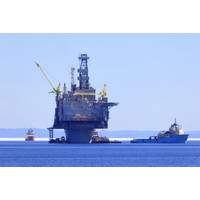
Kraken Sets out to Advance Offshore Digitalization
and from any vendor, as well as insights by capturing holistic views of asset condition with predictive-based maintenance, and optimized asset performance by balancing reliability, performance and cost when defining maintenance strategies across operations. A white paper published by the World Economic Forum in January 2017 entitled “Digital Transformation Initiative: Oil and Gas Industry” found that digitalization in the oil and gas industry could unlock approximately $1.6 trillion of value for the industry, its customers and wider society through 2025. This total estimated value
GAC EnvironHull a big hit with Rotterdam Port
, webinar and live demonstration. The Port of Rotterdam’s Senior Manager, Peter Mollema, said the ground-breaking technology exactly aligns with Rotterdam’s ambition to be the most sustainable port of its kind. “In its 'The Global Competitiveness Report 2015-2016' the World Economic Forum has for the fourth consecutive time declared that the Netherlands has the best port infrastructure,” he told more than 100 industry figures from the city and beyond who gathered at the Floating Pavilion or followed the event online. “How did we get there? And how will we
Oceans Will Have More Plastic than Fish by 2050
The world’s oceans could contain more plastic than fish by 2050 if current business practices are continued, according to a report released by the World Economic Forum (WEF). Researchers warned 8 million metric tons of plastics currently find their way into the ocean every year - the equivalent of one truckload every minute. At current rates, this will worsen to four truckloads per minute in 2050 and outstrip native life to become the largest mass inhabiting the oceans. The report 'The New Plastics Economy: Rethinking the Future of Plastics' by the

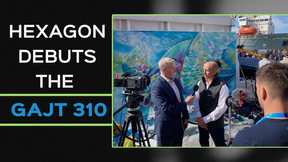
 February 2025
February 2025
